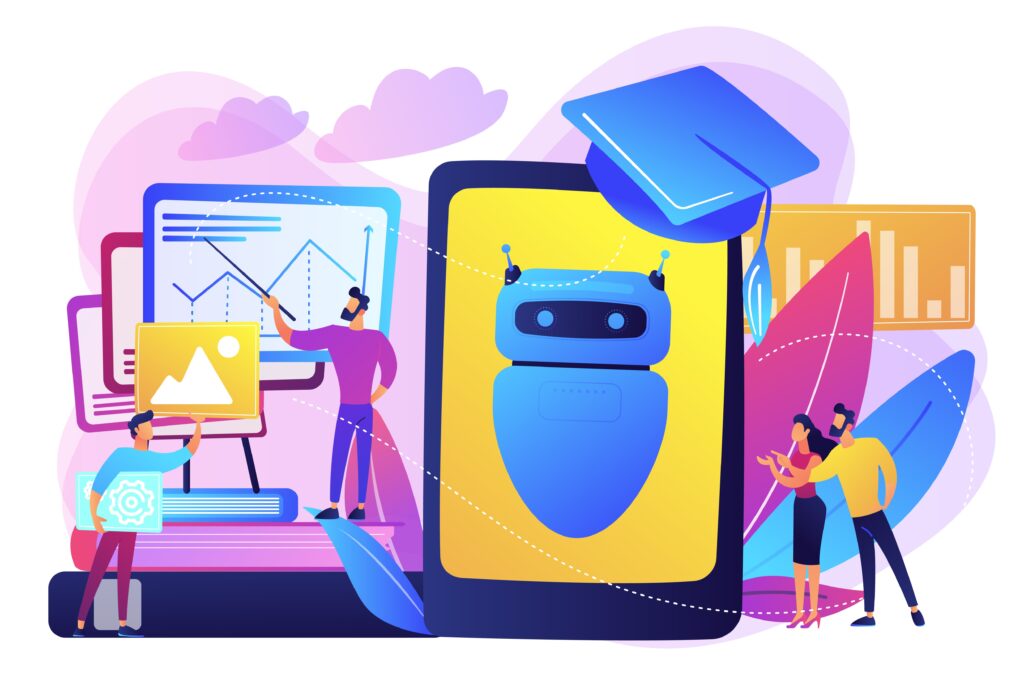Study finds AI summaries can flatten understanding compared with reading sources
Participants using AI digests learned faster but remembered less, offering fewer concrete facts and more similar advice.

AI summaries can speed learning, but an extensive study finds they often blunt depth and recall. More than 10,000 participants used chatbots or traditional web search to learn assigned topics. Those relying on chatbot digests showed shallower knowledge and offered fewer concrete facts afterwards.
Researchers from Wharton and New Mexico State conducted seven experiments across various tasks, including gardening, health, and scam awareness. Some groups saw the same facts, either as an AI digest or as source links. Advice written after AI use was shorter, less factual, and more similar across users.
Follow-up raters judged AI-derived advice as less informative and less trustworthy. Participants who used AI also reported spending less time with sources. Lower effort during synthesis reduces the mental work that cements understanding.
Findings land amid broader concerns about summary reliability. A BBC-led investigation recently found that major chatbots frequently misrepresented news content in their responses. The evidence suggests that to serves as support for critical reading, rather than a substitute for it.
The practical takeaway for learners and teachers is straightforward. Use AI to scaffold questions, outline queries, and compare viewpoints. Build lasting understanding by reading multiple sources, checking citations, and writing your own synthesis before asking a model to refine it.
Would you like to learn more about AI, tech, and digital diplomacy? If so, ask our Diplo chatbot!
